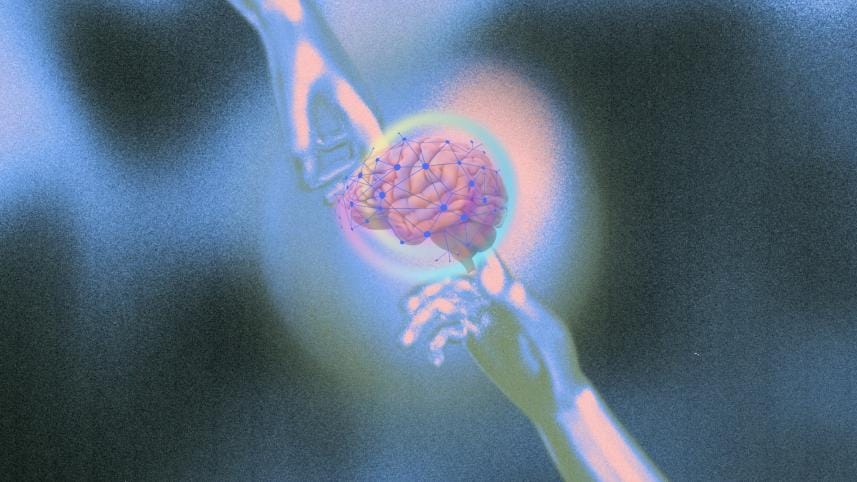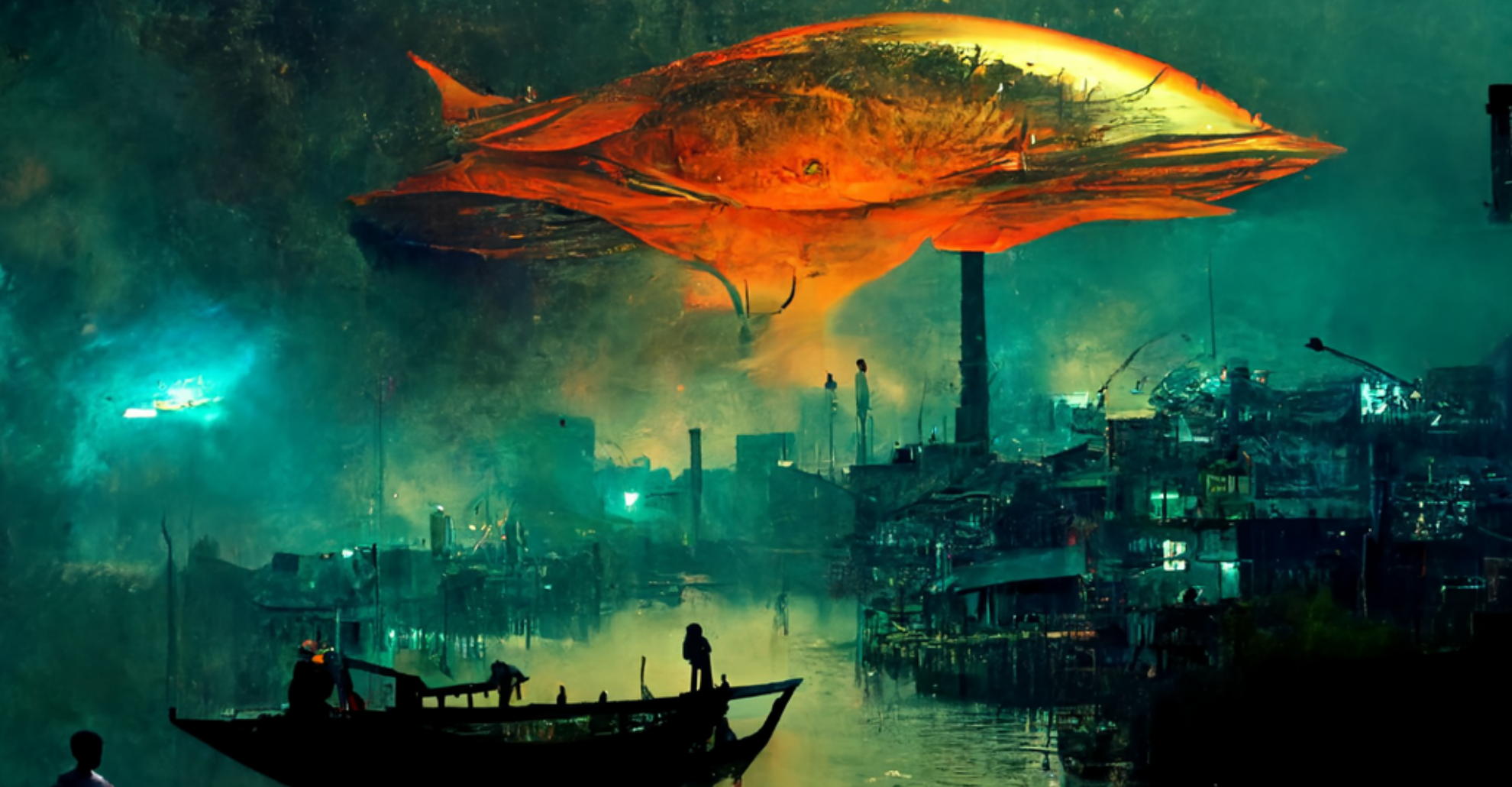Reflections on AI as a student

For one thing, I didn't think 11-year-old me in 2011 could ever be mad at technology, especially since back then, I could crank out a ten-page essay on the digital revolution like it was my life's work. Wi-Fi was my muse, and the digital revolution was my best friend. Much as I enjoy never getting lost thanks to Google Maps and collapsing into a daily doom-scrolling extravaganza like it's a full-time job, I remain deeply suspicious of the technological revolution that is generative artificial intelligence (AI).
One of my friends, a solid guy you can always spot on campus, was the picture of calm while we had a massive assignment breathing down our necks. I, meanwhile, was losing my mind, trying to make academic sense of anything. I'm not usually anxious, but the man had the serene detachment of Plato's philosopher king. Or someone who hadn't opened the syllabus since week one.
I asked him how he had managed to achieve near-monastic calm. He gave me a look, somewhere between pity and confusion, and said, "I'll just ask ChatGPT the night before."
It's not like I was living under a rock—I knew about generative AI. I've just been picky about using it, mostly because I actually enjoy writing. You could ask my diary or my Notes app, both of which have seen things. But his answer? It still managed to annoy me.
Frustratingly, I did the assignment the old-fashioned way—sweat, tears, and existential dread. When the scores came out, I practically sprinted to the notice board. I did well! But then I saw my friend's score, the same as mine. The guy who summoned ChatGPT like it was a genie. I was, once again, deeply and theatrically annoyed. My friends and my parents were unwilling witnesses of my wrath that day. They are still recovering.
What am I to learn when I see my peers getting away with using AI and others who are putting in the work to produce their best work? I think it is incredibly demoralising to those who work hard to earn those scores. It is not far-fetched to believe that the system is playing a prank on the hard-working ones. Even though it sounds unreasonable now, why aren't there proper mechanisms in place to detect AI in academic work?
This scares me because as someone who writes for fun, I read content to get an understanding of this chaotic world, and each day the ratio of copies written in AI increases. Even in academic writing, I see the same AI-written ramblings. When you read a lot of it, you start to get an understanding that generative AI is not that creative.
This realisation hit me after a string of group projects. Proofreading the content at first was breezy because of the lack of grammatical errors, but the more I read, the more the words felt recycled, like déjà vu in paragraph form. I wasn't reading different voices. I was reading the same one, over and over. That's why I think generative AI isn't creative—it just knows how to sound like it is.
I understand that we need to adapt to new technologies, but as a student, it is depressing to see students compromise on their intellect because AI is an easy way out. My anger spills when my efforts are considered equal to "efforts" furnished by AI. Younger students are being introduced to generative AI, and that will further complicate things because they will not be able to think creatively, let alone write creatively. What will be the solution then? Will teachers score based on who prompts AI better?
The solution is not that simple; I can gather that much. However, the lack of it makes me feel dispirited. I believe there isn't a technological solution to it; the solution is to train your eyes to catch the familiar hums of generative gibberish.
Artificial intelligence is here to stay, but its presence shouldn't come at the cost of students' academic or creative integrity. I'm writing this not as a grand thesis but as a rant because, frankly, it feels unfair. And, if we're being honest, more than a little unethical. I am tired of seeing people pull off a semester's worth of work in a few hours because a student knows how to prompt creative work. Maybe it's the beginning of a new kind of literacy. Maybe we should sharpen our eyes and ears for the human voice the way editors once did with red pens and a mug full of tea. Until then, I'll keep writing the hard way, slow, messy, and maddeningly human, because I still think it matters.
Azra Humayra is sub-editor at Campus, Rising Stars, and Star Youth.



 For all latest news, follow The Daily Star's Google News channel.
For all latest news, follow The Daily Star's Google News channel. 
Comments